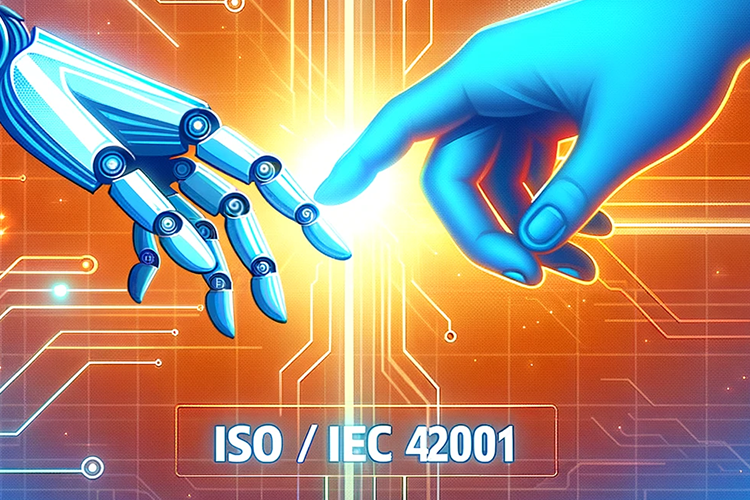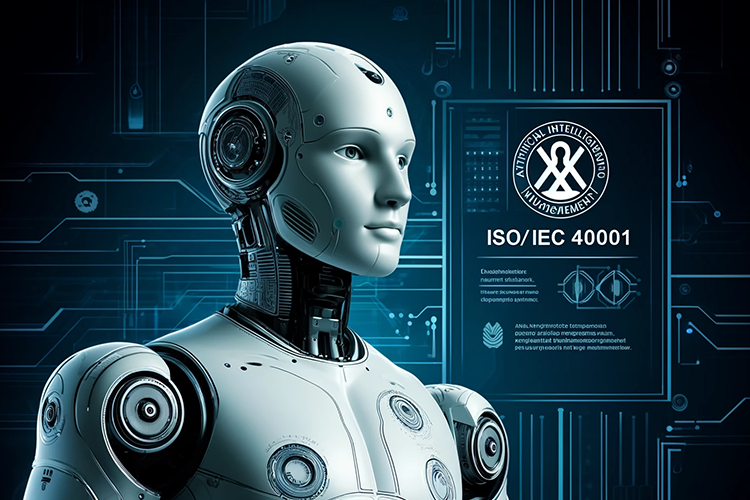ISO 9001:2015
Quality Management System
Today, many companies want to not only meet their organizations’ needs, but also provide better products and services. As quality assurance of products and services and stakeholders' demands for product responsibility increase, the importance of quality management, which is an essential requirement for client satisfaction, is increasing.
ISO 9001 Quality Management System is one of the most effective management tools organizations can use to implement quality management.
It is also an international standard that specifies the requirements of quality management systems that can be applied to all industrial fields and activities. It also provides effective quality management processes for businesses.
The requirements of ISO 9001 are comprehensive and can apply to any organization, regardless of its shape, size, or product and service provided. Therefore, this standard is the most commonly used quality management standard in the world.
-
-

-
ISO 9001:2015 Requirements
- 1. Scope
- 2. Normative References
- 3. Terms and definitions
- 4. Context of the Organization
- 5. Leadership
- 6. Planning
- 7. Support
- 8. Operation
- 9. Performance Evaluation
- 10. Improvement
-
-
-

-
The importance of ISO 9001:2015
- 1. Reinforce marketing
- 2. Meet diverse client needs
- 3. Improve client’s satisfaction and retention
- 4 Increasing revenue and overcoming export barriers due to increasing corporate image
- 5. Increased external reliability within the enterprise.
- 6. Use it as a tool to continuously improve organizational performance and measure performance
- 7. Maximizing preventive activities reduce quality costs
-
-
-

-
The necessity and effects of ISO 9001:2015
- 1. In today's service sector-focused economy, many companies use ISO 9001 as a business tool.
- 2. Appropriate quality control is Improves business and positively impacts investment, market share, revenue growth, competitive advantage and litigation avoidance.
- 3. Improve an organization's internal and external reliability, best response about product responsibility system, preferential treatment of certified companies, and can be enjoyed preferential when corporate management audit. Such quality management has a positive impact on companies and client.
-
-
-

-
GIC’s Competency
- ✤ The GIC Certification body provides certification services for the quality management system as a reliable global leader in management system certification with accreditation of ISO 9001:2015 from the accreditation body, IAS in U.S.A.
- ✤ GIC has up-to-date knowledge of various specific scope and legal and voluntary requirements in major markets around the world, providing reliable audit.
-
GIC Certification Services
01ISO 9001
02ISO 14001
03ISO 45001
04ISO 13485
05ISO 15378
06ISO 14155
07ISO 37001
08ISO 37301
09ISO 21001
10ISO 22301
11ISO 22716
12ISO 50001
13ISO 22000
14FSSC 22000
15Global HACCP
16FSMA
17ISO/IEC 27001
18ISO/IEC 27701
19ISO/IEC 20001-1
20ISO 41001
21ISO 20121
22ISO 10002
23ISO 10004
24ISO 28000
25ISO/IEC 42001

 한국어
한국어





































































